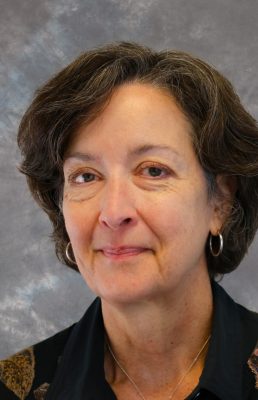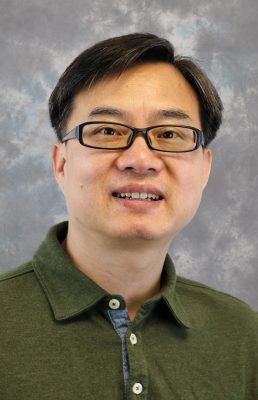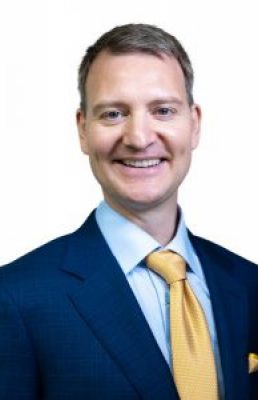


Interfacial phenomena in
engineering, biomedical systems.





Wireless communications, adaptive modulation and coding, multicast
signaling, multimedia transmission over wireless channels, channel-quality
estimation,
and spread-spectrum communications.

Applied AI and data analytics,Internet of Things,Bioinformatics


Sheng is a hurricane expert working with Florida counties in flood zone preparation. He uses hurricane wind forecasts
and data to study and predict storm surge, waves and coastal flooding during hurricanes.

Microelectromechanical systems, experimental fluid dynamics and acoustics.
Fluid-structure interaction, structure-induced sediment scour, eolian
sand transport.

Ocean waves, nearshore waves, wave-sediment interaction.

Heat and mass transfer, thermodynamics, thermal systems design and optimization, refrigeration and cryogenics, HVAC.




Watershed hydrology, field and watershed scales effects on BMPs, water quantity/quality monitoring, hydrologic modeling, irrigation and drainage.

Colloid and interfacial chemistry, powder processing, surface
chemical modification, thin films, polymers and ceramics, rapid
prototyping.

Foundational AI,Applied AI and data analytics,Neuroengineering,Personalized learning,Lifelong workforce development,Experiential learning

Denise Rutledge Simmons, Ph.D., F. ASEE, PE, PMP, LEED-AP, is a civil engineer, civil engineering researcher, Professor in the Department of Civil & Coastal Engineering, and the Associate Dean for Workforce Development in the Herbert Wertheim College of Engineering at the University of Florida. She earned her B.S. (1990), M.S. (1995), and Ph.D. (2012) in Civil Engineering from Clemson University.…



Applied AI and data analytics,Internet of Things,Sensors,Space,Public Health,Building a culture of inclusion and innovation,Invention faculty track

Complexity theory; geometric modeling and constraint solving; algorithms and discrete modeling.
Foundational AI,Automated construction,Space,Materials Under Extreme Environments,Soft matter/biomaterials/tissue engineering,Bioinformatics


Coastal engineering; wave, current, and sediment transport modeling;
storm surge, hurricanes, internal waves, turbulent mixing, numerical
simulation, beach erosion and protection, navigation in waterways,
fluid dynamics.







Professor Spearot received his Ph.D. in 2005 from the Georgia Institute of Technology. His research interests include: Computational mechanics and materials science (including atomistic simulations and phase-field modeling), behavior of defects in materials, nanostructured materials, linking between atomistic and continuum length scales, and method development for atomistic modeling.
Applied AI and data analytics,National Security,Materials Under Extreme Environments,Soft matter/biomaterials/tissue engineering,Experiential learning

Structural design of buildings, cold-formed steel, professional
practice of engineering.

Transportation planning and policy evaluation, activity-based approaches for travel-demand modeling and forecasting, travel impacts of new Information and communication technologies.







